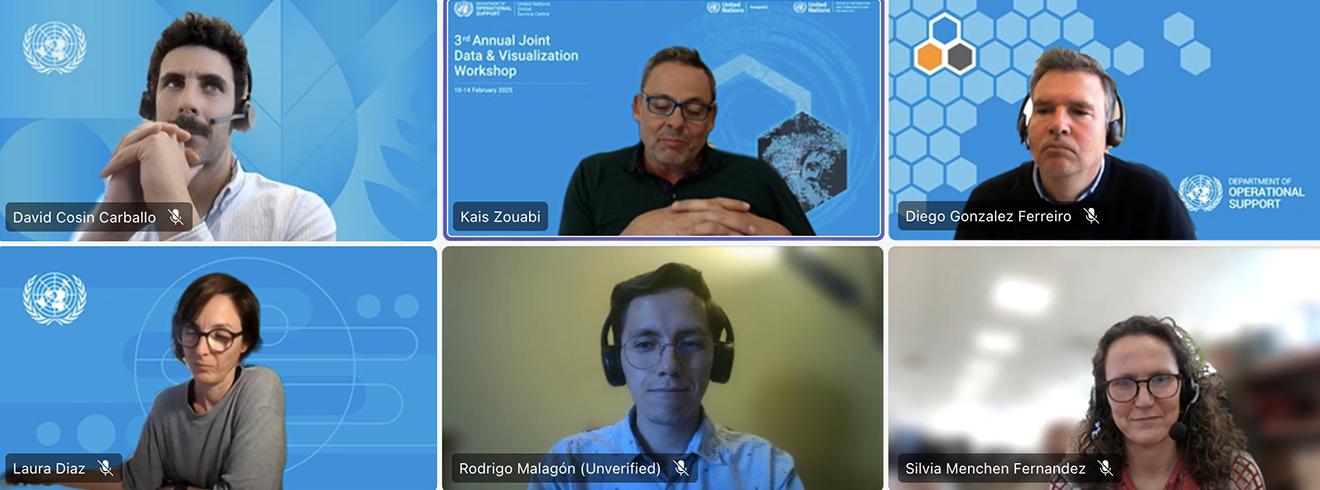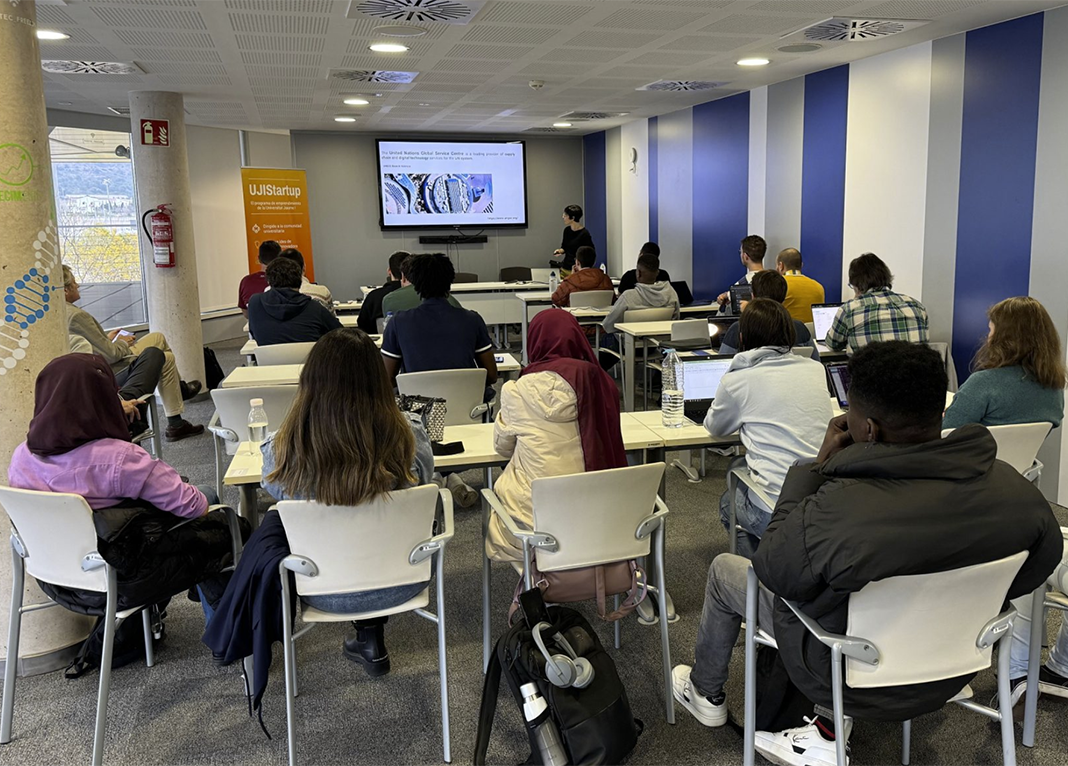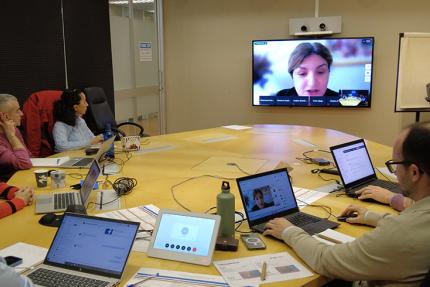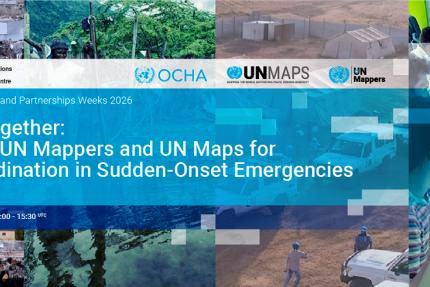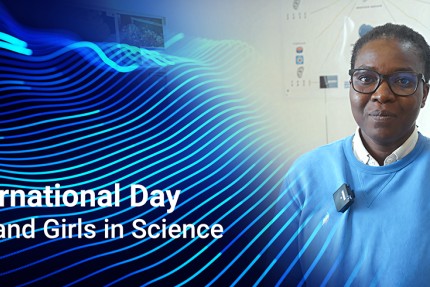The United Nations Global Service Centre (UNGSC) is pleased to announce the successful conclusion of its 2024 collaboration with the Erasmus Mundus Geospatial Technologies Master's programme of the University Jaume I of Castellon, under the UNGSC Academia Partnership Programme.
This academic-industry partnership supported four master’s theses, each addressing real-world challenges faced by the United Nations through innovative applications of Geospatial Information Technology, Artificial Intelligence (AI), and the Internet of Things (IoT). The research focused on:
- Harnessing artificial intelligence to generate synthetic maps for UN mission simulations and planning
- Enhancing data quality of water and energy consumption in United Nations peacekeeping operations
- Analyzing energy consumption patterns in UN camps through IoT data modelling
- Utilising AI and satellite imagery to map roads in remote terrains for humanitarian access
The project ran from October 2024 to March 2025; the students were mentored by UNGSC specialists throughout the process, with regular feedback sessions to ensure alignment with operational needs.
In April 2025, the research students presented their findings to United Nations stakeholders, showcasing the impact of academic collaboration on global peacekeeping and humanitarian operations.
UNGSC extends its appreciation to the students for their dedication, creativity, and contributions to the mission of the United Nations.
